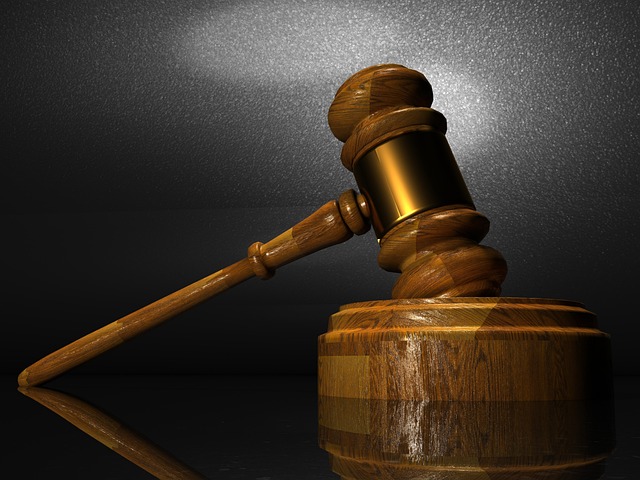Navigating the complexities of real estate litigation can be daunting, especially when gathering the necessary documents and evidence. One critical tool in this process is the subpoena, a powerful legal instrument that compels individuals or organizations to produce documents or testify in court. This guide will explain the role of subpoenas in real estate litigation, focusing on how the Uniform Interstate Depositions and Discovery Act (UIDDA) facilitates this process across state lines.
What is a Subpoena?
A subpoena is a legal document that commands an individual or entity to provide evidence through documents, records, or testimony. In real estate litigation, subpoenas are often used to obtain vital records such as purchase agreements, escrow instructions, and deposit details. These documents can be crucial for resolving disputes over transactions, commissions, or property management issues.
Types of Subpoenas
There are two main types of subpoenas:
Subpoena Duces Tecum: This type of subpoena requires the recipient to produce specific documents or records.
Subpoena Ad Testificandum: This subpoena compels an individual to testify in court or at a deposition.
Both types can play a significant role in real estate litigation by providing necessary evidence to support a case.
The Role of the UIDDA
The UIDDA simplifies the process of issuing subpoenas across state lines. Before the UIDDA, obtaining documents or testimony from another state required navigating a complex and time-consuming process that varied significantly from one jurisdiction to another. The UIDDA standardizes and streamlines this process, making it easier for attorneys to gather evidence from other states.
How the UIDDA Works
Under the UIDDA, an attorney in the state where the litigation occurs can issue a subpoena for out-of-state evidence. The attorney then submits this subpoena to a local court where the evidence or witness is located in the state. The local court will issue a subpoena by its own rules, compelling the production of documents or testimony as requested.
Steps to Issue a Subpoena Under the UIDDA
Identify the Necessary Evidence: Determine which documents or testimony are needed to support your case. This might include contracts, escrow instructions, or financial records in real estate litigation.
Draft the Subpoena: Prepare the subpoena with clear and specific requests for documents or testimony. Ensure that the requests are relevant and not overly broad to avoid objections.
Submit the Subpoena: File the subpoena in the state where the litigation occurs. Under the UIDDA, this subpoena is then sent to the appropriate court in the state where the evidence or witness is located.
Local Court Issues Subpoena: The local court reviews and issues the subpoena according to its rules and procedures. This subpoena now has the same legal force as one issued within that state.
Service of the Subpoena: The subpoena must be properly served to the individual or entity. This usually involves a process server or another authorized individual delivering the document.
Responding to a Subpoena
Upon receiving a subpoena, the recipient has several options:
Comply: Provide the requested documents or testimony.
Object: Raise objections based on relevance, scope, or privilege. This might involve filing a motion to quash or modify the subpoena.
Negotiate: Contact the issuing attorney to discuss potential modifications or a confidentiality agreement to protect sensitive information.
Consequences of Non-Compliance
Failure to comply with a subpoena can result in legal penalties, including contempt of court charges. It is crucial to respond appropriately and seek legal advice if necessary.
Conclusion
Subpoenas are essential tools in real estate litigation, enabling parties to gather critical evidence. The UIDDA has streamlined the process of obtaining out-of-state documents and testimony, making it more efficient and less burdensome. By understanding the steps involved and the legal obligations under the UIDDA, attorneys, and litigants can effectively use subpoenas to support their cases and achieve favorable outcomes.
